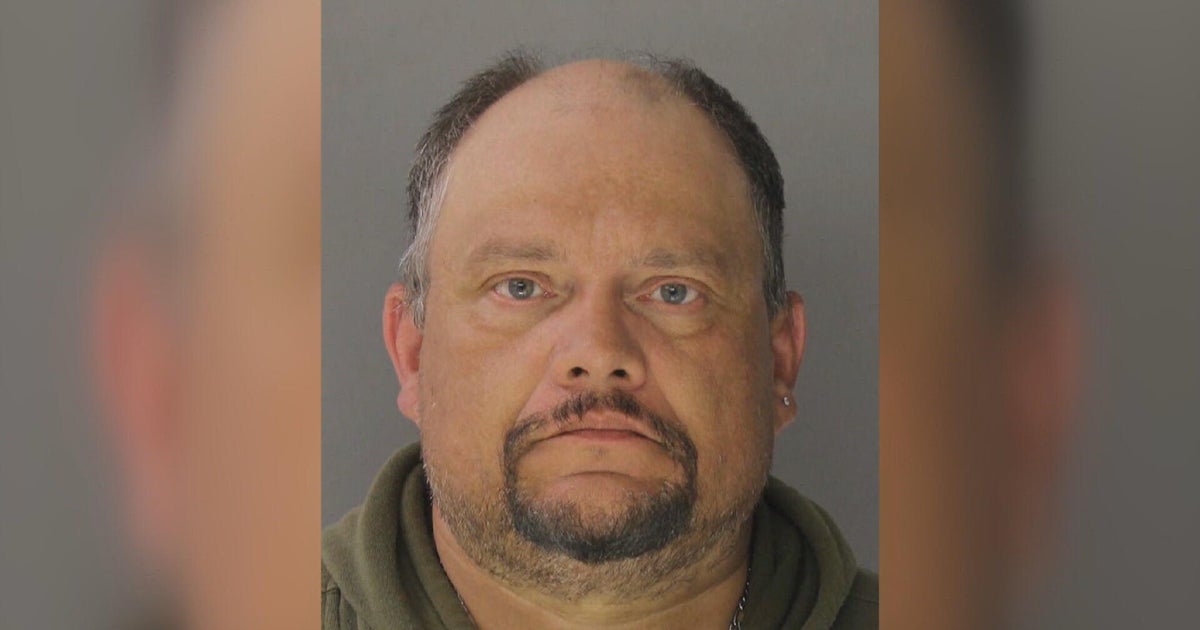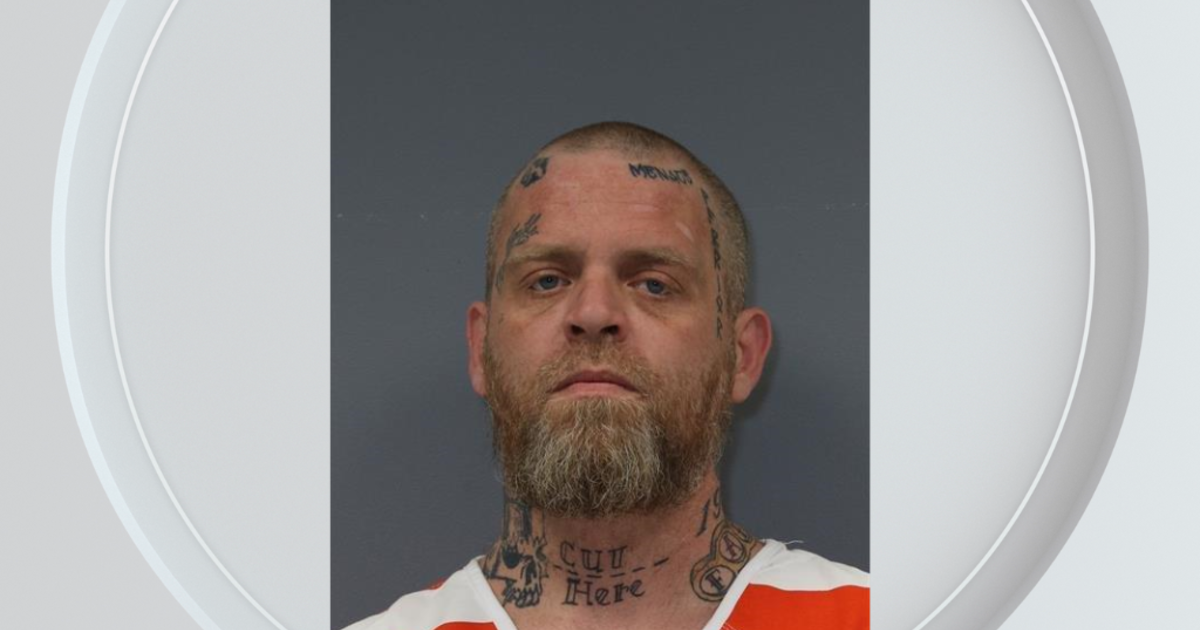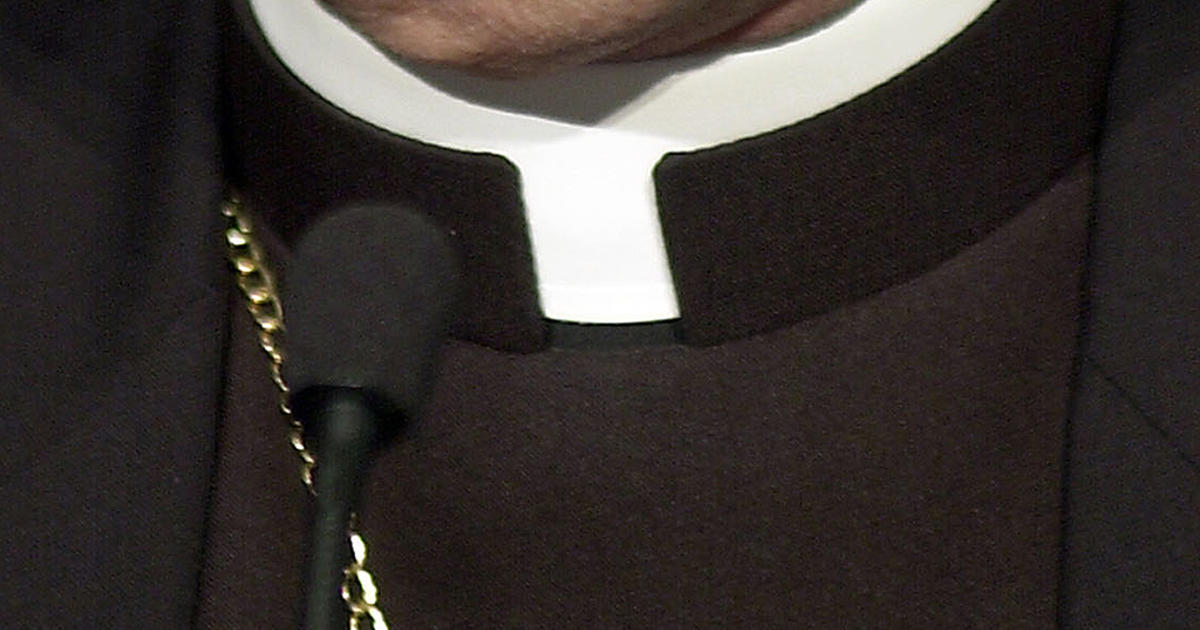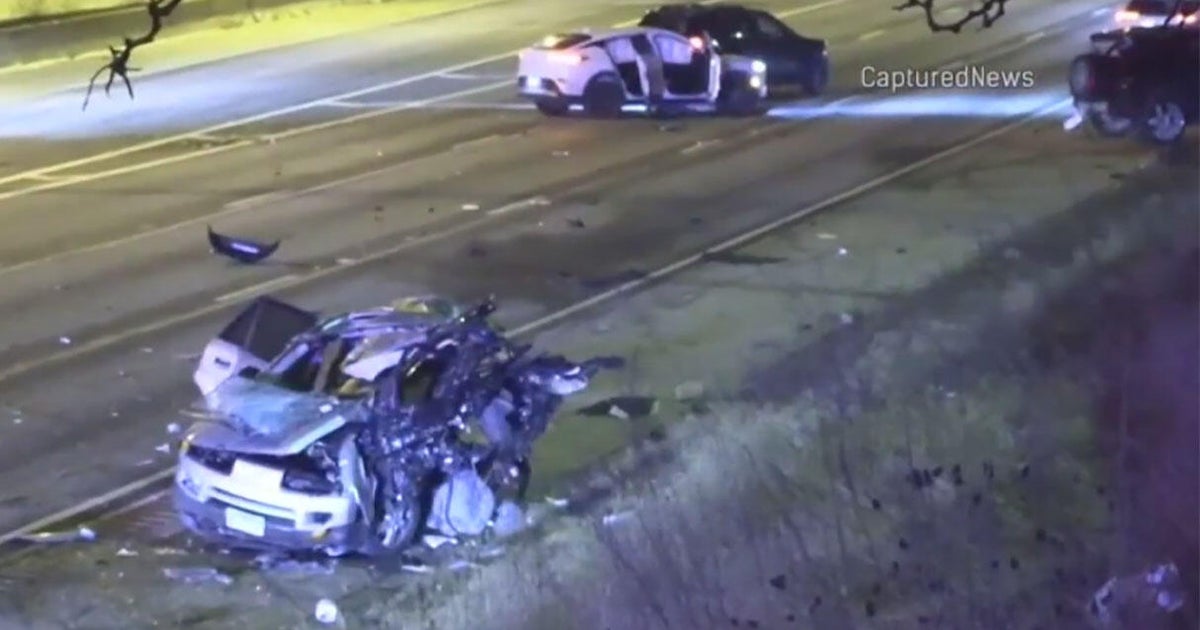All defendants guilty across the board in 'ComEd 4' federal bribery trial
CHICAGO (CBS) -- All four defendants have been found guilty on all counts in the ComEd federal bribery case.
Former ComEd lobbyist Michael McClain, former ComEd CEO Anne Pramaggiore, retired ComEd vice president John Hooker, and former ComEd consultant Jay Doherty were found guilty on each and every count of a nine-count indictment accusing them of conspiracy, bribery, and falsifying documents.
Federal prosecutors accused the defendants of using their influence to reward former Illinois House Speaker Michael Madigan and his associates for about eight years beginning in 2011, in order to ensure Madigan would help them pass legislation beneficial to ComEd. Defendant McClain is also a close Madigan confidant.
The indictment claimed the four defendants conspired to influence and reward the speaker by arranging for jobs and contracts for his political allies and workers.
"The State of Illinois, unfortunately, has a deep-seated public corruption problem; corruption that erodes and eats away at the confidence in their government and in their elected officials," said Acting U.S. Attorney Morris Pasqual.
Pasqual emphasized how important the recorded calls, videos, emails, and other evidence were to this win.
"We use any lawful tools that are at our disposal, and in this case, you saw a combination of lawful tools which culminated in what the jury thought was proof beyond a reasonable doubt in this case," he said.
As CBS 2's Tara Molina reported, the verdict comes after a trial that went on for more than six weeks – and involved evidence in the form of emails, video recordings, and wiretapped phone calls.
Molina was in an overflow room at the Dirksen Federal Courthouse when the verdict was read. She reported she did not see much reaction from the defendants, but it seemed there was a little bit of surprise to hear there had been a unanimous verdict across the board.
In their closing argument, federal prosecutors went over weeks of testimony, recorded calls and even videos the jury reviewed throughout the trial. They pointed out the main ways they said the four defendants illegally influenced Madigan in exchange for legislation favoring ComEd.
The benefits? The $1.3 million paid by ComEd to subcontractors, allies of Madigan, men who were paid thousands of dollars a month for years for no real work.
There was also $1.8 million paid out to a contracted private law firm, Reyes Kurson, a supporter of Madigan. Prosecutors said the contract was used to reward and corruptly influence Madigan more than once.
There were the internships reserved with ComEd for the 13th Ward, Madigan's ward, without the same competitive requirements of the standard ComEd internship. Finally, there was also a seat on the company's board, a pick and push made by Madigan.
Prosecutors argued these were all examples of corruption, not politics. They said the conspiracy reached a point where "when Madigan said 'jump,' these defendants said 'how high?'"
Defense attorneys argued why that's not the case, telling jurors that "lobbying is not illegal" and "this is not a bribery conspiracy. This is a business decision." The defense attorneys tried to show examples of what they said prove everything between Madigan and ComEd was above board.
Defense attorney Patrick Cotter said McClain never crossed into illegal territory; he was simply doing his job as a lobbyist.
Defense attorneys also said the job recommendations were commonplace at ComEd and widely discussed, and there were a number of Madigan job recommendations that the company turned down. When it came to those Madigan subcontractors paid for no real work, McClain "expected and intended everyone to work."
Pramaggiore's attorney, Scott Lassar, argued Madigan only cared about himself and his own political interests, not ComEd.
Defense attorneys pointed to detailed witness testimony refuting the government's bribery theory, noting defense witnesses argued they don't believe ComEd crossed the line.
CBS 2 Legal Analyst Irv Miller said he expects the defendants will be sentenced to prison, but not to the maximum sentences – particularly since none of them have a criminal background.
"What the statute says the maximum is and what they're going to get are usually two different things in federal court," Miller said. "There's a 15-year maximum on the bribery conspiracy charge, but there's what we call federal sentencing guidelines – which give a judge some idea what similar defendants get across the country for the particular charge, and they're usually way less than the statutory maximum."
Miller said in addition to videos and wiretapped calls, prosecutors were also helped by the flipping of former ComEd executive Fidel Marquez, who pleaded guilty in September 2020 to bribery charges.
Meanwhile, Madigan is set to go on trial himself next year. He and ComEd defendant McClain are facing a separate federal indictment charging them with racketeering, conspiracy, bribery, and wire fraud, most of which carry up to 20 years in prison if they are convicted.
They are accused of a bribery scheme involving multiple businesses - including ComEd - in which the businesses paid Madigan's associates as a reward for their loyalty to Madigan.
Miller said Madigan was certainly paying close attention to what happened in the ComEd Four trial.
"I suspect if he doesn't have a heart-to-heart with his lawyer tonight, I think they'll have that conversation with his lawyer tomorrow in trying to decide what their strategy is as far as going ahead with this case," Miller said, "and also, it'll be interesting to see if anything happens with respect to any other witnesses that now come forward that are willing to testify against Michael Madigan that may not have been willing to do that before – and I'm specifically speaking about some of the defendants in this particular case that were guilty today."
Jurors said Madigan's relationship with the defendants crossed the line from legitimate lobbying into illegal bribery. While Madigan was not a defendant in this case, the jury heard him on recorded phone calls and heard the four defendants talk about him and what he meant to ComEd. This was something that made a real difference to the jury, as one juror said after the verdict was read.
"Our perception was that he really did cause this all to happen. If it wouldn't have been for him, then these people would not have been in a position that they would need to commit crimes in the first place," said juror Amanda Schnitker Sayers. "We are tired of political corruption in general, and you know, we are hoping that this is a first step so that Illinois can function better."
Lassar – a former U.S. Attorney - spoke to the loss, saying he and his client are disappointed.
"We will appeal," he said.
Pramaggiore testified in her own defense at the trial.
A ComEd spokesperson released the following statement on the Tuesday verdict:
"From the start, ComEd has acknowledged its conduct and cooperated fully with the investigations conducted by the government and our regulators. The deferred prosecution agreement signed in 2020 resolved the Justice Department's investigation into ComEd. But we want to be clear that we have done much more than that. We made substantial changes to our contracting, lobbying, and compliance operations to ensure that the conduct that was at issue in the trial does not happen again. At all levels – from our CEO and leaders through the more than 6,300 employees who keep the lights on each day – we are committed the highest standards of integrity and ethical behavior for our business, and to continuing to build the trust of our customers. And, as the state transitions to a cleaner energy future, we will continue to focus on delivering highly reliable, resilient, and clean power to the more than 9 million people we serve across northern Illinois."







